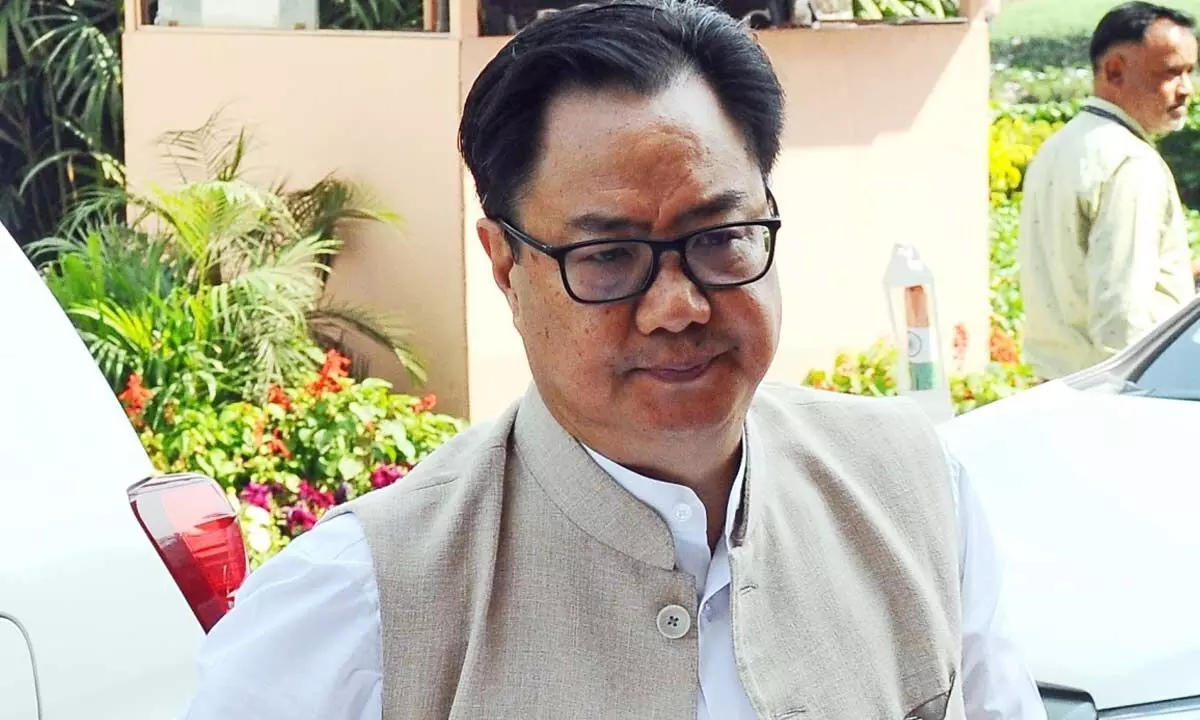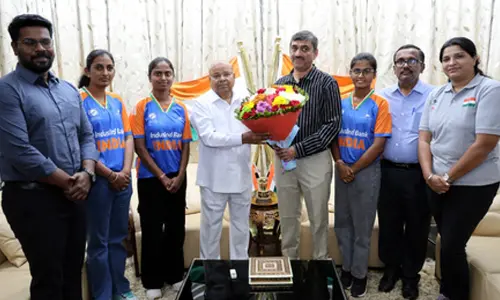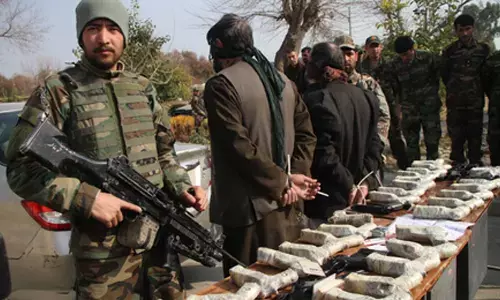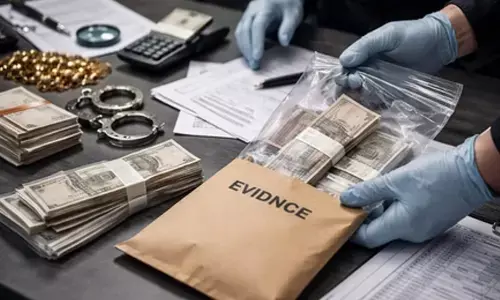Issue of simultaneous polls with Law Commission for further examination: Govt
Share :

Kiren Rijiju, Minister of Law and Justice of India
The issue of simultaneous elections to Lok Sabha and State Legislative Assemblies is with the Law Commission for further examination to work out a practicable road map and framework.
New Delhi: The issue of simultaneous elections to Lok Sabha and State Legislative Assemblies is with the Law Commission for further examination to work out a practicable road map and framework.
It was informed by Minister of Law and Justice, Kiren Rijiju in a written reply in the Lok Sabha on Friday.
"The Department Related Parliamentary Standing Committee on Personnel, Public Grievances, Law and Justice had examined the issue of simultaneous elections to Lok Sabha and State Legislative Assemblies in consultation with various stake-holders including Election Commission of India. The Committee has given certain recommendations in this regard in its 79th Report. The matter now stands referred to the Law Commission for further examination to work out a practicable road map and framework for simultaneous elections to Lok Sabha and State Assemblies," said the reply.
The Minister informed that the simultaneous elections would result in huge saving to the public exchequer, avoidance of replication of effort on part of administrative and law and order machinery in holding repeated elections and bring considerable savings to political parties and candidates in their election campaigns.
Further, asynchronous Lok Sabha and Legislative Assembly elections (including bye-election) result in prolonged enforcement of Model Code of Conduct with its concomitant adverse impact on developmental and welfare programmes, the Minister's reply said.
However, major impediments or imperatives for synchronisation for Lok Sabha and Legislative Assembly elections include bringing amendments in not less than five articles of Constitution, namely, article 83 relating to duration of Houses of Parliament, article 85 relating to dissolution of the House of the People by the President, article 172 relating to duration of the State Legislatures, article 174 relating to dissolution of the State Legislatures and article 356 relating to the imposition of President's Rule in the states.
It also includes obtaining consensus of all political parties and having regard to the federal structure of our system of governance, it is imperative that consensus of all state governments is also obtained.
It also includes the requirement of an additional number of EVMs/VVPATs, which would cost a huge amount, might be in thousands of crores. Considering that life of machine is only 15 years, this would imply that the machine would be used for about three or four times in its life span, entailing huge expenditure in its replacement after every 15 years and also requirement of additional polling personnel and security forces, said the reply.













